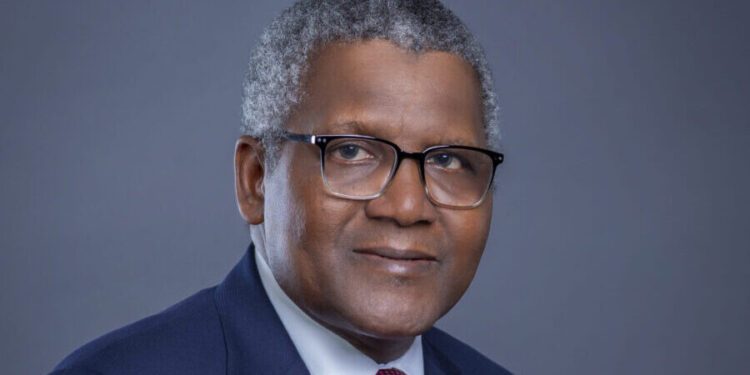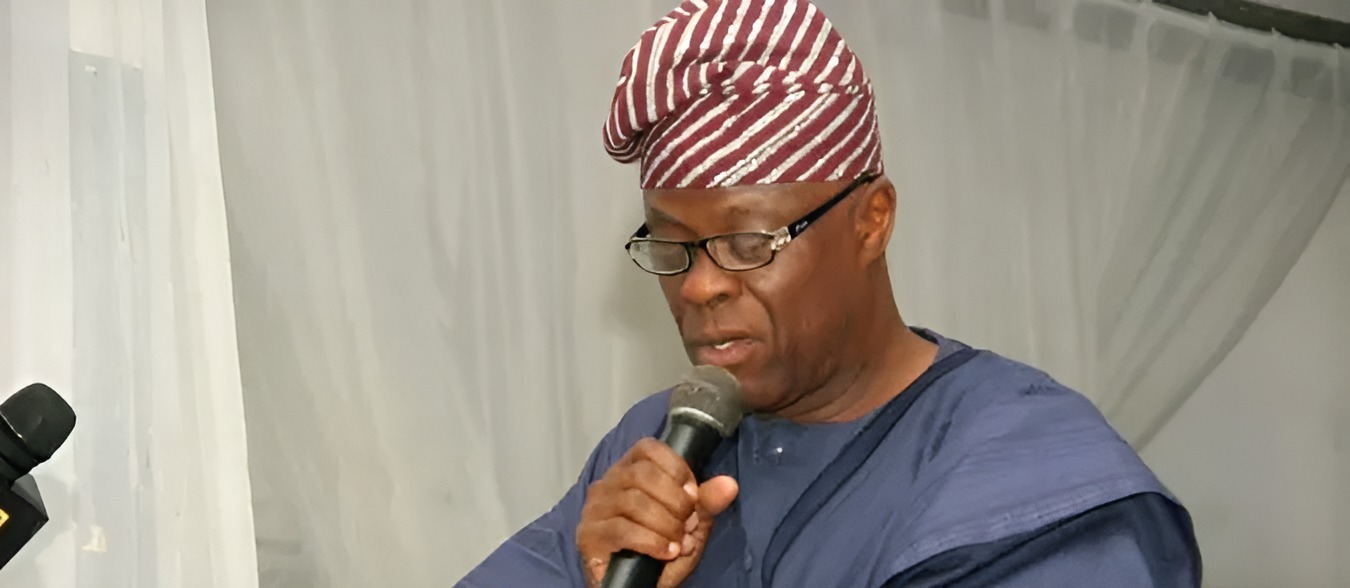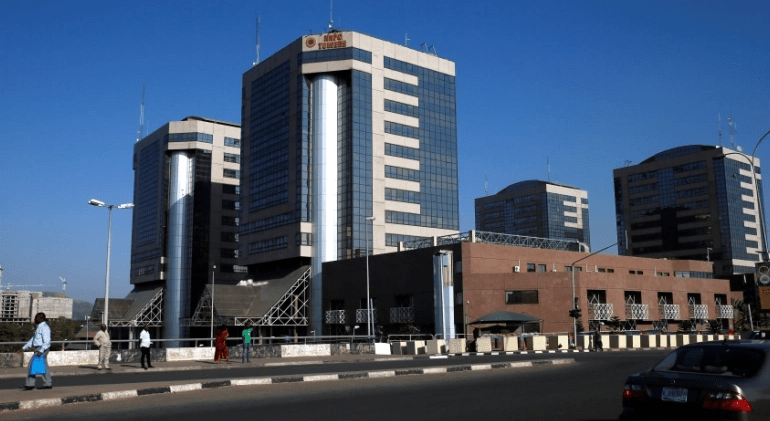This article by Festus Okoye discusses the process of registration of political parties, how this process is sometimes circumvented by some that seek to register parties for all sorts of reasons, such as being reserve vehicles for politicians to run if they are unable to clinch the tickets in the bigger parties, or simply commercial vehicles for hire. He also examines the issue of deregistration of political parties
Introduction
The Independent National Electoral Commission (The Commission) is constitutionally, legally, and administratively obligated to register any Association that meets the prescribed threshold for registration. That is the essence of constitutional democracy, founded on the law and due process. This obligation is grounded in the fact that the Commission is a creation of the Constitution and the law, and political parties are also products of the Constitution and the law; neither should exist to undermine the other.
In a constitutional democracy, political parties play a mobilisation role by channelling their constitutions, principles, and policies, which enable registered voters to trust them with political power. In our circumstances, only registered political parties are empowered to canvass for votes, and sponsor candidates for the various elective positions outlined in the constitution and the law. Political parties, therefore, play a strategic role in our multi-party democracy.
Being a creation of the Constitution and the law, can the Commission decline or refuse to register Associations that meet the constitutional, legal, and administrative threshold for registration? In other words, is the Commission permitted to exercise its discretion to limit the number of political parties in Nigeria and determine that we do not require additional parties? Within the context of multi-party democracy, does the country need additional political parties, given that there are currently 19 registered political parties, and 74 political parties were deregistered just before the 2023 general election? Does the country need an additional 104 Associations that have applied to be registered as political parties? Are the existing political parties, sufficient for a country like Nigeria? Fundamentally, are there ideological differences among the current political parties, or are they merely ‘general purpose vehicles’ for contesting elections? Are there aspects of the Constitution and the Law that should be changed to make our political parties more structured, ideologically focused, and goal-oriented?
The Constitution and the Law
The registration, regulation, and administration of political parties in Nigeria are problematic, challenging, and a judicial nightmare. In every constitutional and electoral reform initiative, the registration, regulation, and internal democracy within political parties have been a recurring theme. Certain themes and issues are flagged, each time the debate takes centre stage. We are told that Nigeria is a liberal democracy, and that the regime of party registration must be liberalised to facilitate the consolidation of multi-party democracy. We hear narratives suggesting that in the United States and India, there are multiple parties, with the larger ones evolving, and the smaller ones continuing to exist and contest minor elections.
In Nigeria, political parties are constitutional beings. While every Nigerian has a fundamental right to peaceful assembly and association, Section 40 of the Constitution circumscribes that right. Section 40 of the Constitution provides that ‘every person shall be entitled to assemble freely and associate with other persons, and in particular he may form or belong to any political party, trade union or any other association for the protection of his interests: Provided that the provisions of this section shall not derogate from the powers conferred by this Constitution on the Independent National Electoral Commission with respect to political parties to which that Commission does not accord recognition’.
Furthermore, Section 221 of the Constitution provides that ‘No association, other than a political party, shall canvass for votes for any candidate at any election or contribute to the funds of any political party or to the election expenses of any candidate at an election’.
The challenge with party registration is in Section 222 of the Constitution, this accounts for the deluge of applications pending before the Commission for party registration. Section 222 of the Constitution provides that ‘No association by whatever name called shall function as a party, unless – (a) the names and addresses of its national officers are registered with the Independent National Electoral Commission; (b) the membership of the association is open to every citizen of Nigeria irrespective of his place of origin, circumstance of birth, sex, religion or ethnic grouping; a copy of its constitution is registered in the principal office of the Independent National Electoral Commission in such form as may be prescribed by the Independent National Electoral Commission; (d) any alteration in its registered constitution is also registered in the principal office of the Independent National Electoral Commission within thirty days of the making of such alteration; (e) the name of the association, its symbol or logo does not contain any ethnic or religious connotation or give the appearance that the activities of the association are confined to a part only of the geographical area of Nigeria; and (f) the headquarters of the association is situated in the Federal Capital Territory, Abuja’.
The Electoral Act
Based on its constitutional powers, the National Assembly designed and promulgated the Electoral Act of 2022. The Electoral Act complements the Constitution, and prescribes and provides for the processes and procedures for giving effect to aspects of the Constitution. Section 75 of the Act provides that any political association that complies with the provisions of the Constitution and the Act shall be registered as a political party, provided the application for registration as a political party is duly submitted to the Commission not later than 12 months before a general election. It also provides that the Commission shall, on receipt of the documents in fulfilment of the conditions stipulated by the Constitution, immediately issue the Applicant with a letter of acknowledgement, stating that all the necessary documents have been submitted to the Commission. The Commission shall, within 90 days from the receipt of its application, notify the Association in writing, if it has not fulfilled all the conditions for registration, stating the reasons for non-registration. A political association that meets the conditions stipulated in the Constitution and the Act, shall be registered by the Commission as a political party within 60 days from the date of receipt of the application. The Association shall be deemed registered, if after 60 days, it is not registered by the Commission, unless the Commission informs the Association to the contrary.
The Big Challenge
The critical stakeholders in the electoral process must reassess the liberal nature of party registration, regulation, and administration in Nigeria. Every condition stipulated in the Constitution for party registration, is ‘copy and paste’. The only serious condition, is having an office in the Federal Capital Territory, Abuja. Some Associations copy the constitution of other parties, and submit it to the Commission. Some Associations open offices in remote parts of Abuja. There is no specification, on the type of office an Association must have. A room and a sitting room, fit the specifications of an office. Some Associations hire temporary locations, pay rent for one year and use the registration receipt to apply to the Commission. Some hire office staff for the duration of the verification by the Commission and thereafter, lay them off.
Return on Investment
Section 228 of the Constitution provides that the National Assembly may, by law, provide for an annual grant to INEC for disbursement to political parties on a fair and equitable basis, to assist them in the discharge of their functions. The electoral management body implemented this provision or its equivalent, but it led to serial abuse. Some individuals floated and registered three to four political parties, received subvention, and were living large. This business venture, was no doubt profitable. Rent a room and parlour in any part of the Federal Capital Territory, employ a Secretary and design two tables and chairs, and you have your party. The return on investment was high. The suspension of subvention to political parties has not stemmed the appetite for party registration, as new business opportunities opened up.
Commercial Entities for Hire/Rent
Some of the political parties, serve as a refuge for excluded or disenchanted politicians. These parties serve as special-purpose vehicles, for the election. They have dummy candidates that are injected into the political nomination process, pending the conclusion of the primaries and nomination processes of the ‘big’ political parties. Since political parties are just platforms for contesting elections, the candidate of the party goes to the highest bidder. In other words, the parties are commercial entities for hire. After elections, they revert to their default mode. Some of them give up their offices and staff, and the party continues in the suitcases of their supposed owners and founders, resisting attempts at verification.
Legal Challenge to Party Registration
Associations jostling to transform into political parties, have always been wary of the constitutional and legal powers of the Commission to register political parties. The desire to either clip the wings of the Commission or determine the parameters of their powers, led to a legal challenge that took the parties to the Supreme Court. In the case of INEC v Musa (2003) 3 NWLR Part 806, the Supreme Court delineated the constitutional and legal powers of the Commission in the registration of political parties. Hon. Justice Tobi, JSC, made it clear that by Section 40 of the Constitution, “every person shall be entitled to assemble freely and associate with other persons, and in particular, he may form or belong to any political party, trade union or any other association for the protection of his interests. The proviso is to the effect that, the above provision shall not derogate from the powers conferred by the Constitution on INEC with respect to political parties to which INEC does not accord recognition. While the section vests in the individual the right to associate, and assemble with other persons and form or belong to any political party, the proviso restricts the right, and the restriction is to the effect that the provision will not derogate from the powers of INEC with respect to political parties to which the Commission does not accord recognition. In other words, Section 40 applies only to political parties which INEC accords recognition. In this respect, Section 222 of the Constitution comes into play, as that section provides for conditions to be fulfilled or satisfied before an association can function as a political party”. The Supreme Court also stated that registration of political parties facilitates the exercise of the regulatory and monitoring powers of INEC, which are within the purview of the legislative competence of the National Assembly and that recognition of a political party is the fact of acceptance of the existence of an Association eligible to function as a political party, while registration is the recording and certification of that fact.
The Existing Parties
Between 2019 and 2022, INEC received 124 applications from associations seeking registration as political parties. After an initial assessment, 108 associations did not meet the registration threshold. Based on the provisions of Section 75 of the Act, the verification of the parties was stalled due to the 12-month cut-off period before the election. Consequently, only the Booth Party was registered on a court order. Following the 2019 general election, out of the 91 registered parties, the Commission, on 6th February, 2020, deregistered 74 political parties under Section 225A of the Constitution. ‘Eventually, the Court restrained the Commission from de-registering one of the political parties (African Peoples Party, APP) and ordered the re-listing of another one (Youth Party, YP) as a political party. However, these parties were unable to participate in the 2023 general election, due to the application of Section 75 of the Electoral Act 2022. 18 political parties participated in, and presented candidates for the election.
Foot-Dragging at De-Registration
Section 225A of the Constitution is clear: perform or cease to exist. One cannot open an office, operate for a year, and then close it while still being considered a political party. It is unacceptable to remain dormant, while others are organising primaries and sponsoring candidates. Furthermore, it is unconscionable to rent a platform, contest an election, win, and then abandon that platform only to open the party up for deregistration. Those who donate or rent their platforms, must understand that there is limited or tainted morality in such transactions. The electoral management body must act in compliance with the Supreme Court judgement in NUP v INEC (2021) 17 NWLR Part 1805, and deregister parties that fail to meet the constitutional threshold outlined in Section 225A of the Constitution.
What is to be Done
The ownership of political parties must revert to the members of the parties, rather than their owners and founders. The National Assembly should remove Section 224 of the Constitution, which mandates that the programme, aims, and objectives of a political party conform with the provisions of Chapter II of the Constitution (Fundamental Objectives and Directive Principles of State Policy). This requirement pigeonholes all political parties into a single ideological standpoint, making it impossible to differentiate between them. Currently, most parties are identified by their members, rather than by their principles. Many of these individuals have moved through three or four political parties. Nigerian political parties must be driven by ideology, and not merely serve as vehicles for contesting elections.
We require national parties with offices and genuine physical, material and human structures in at least two-thirds of all the States of the Federation. This model will suit our electoral ecosystem, and our unique ethnic and religious configuration. While INEC must continue to accord recognition to associations that meet the constitutional, legal and administrative threshold, we must assess and re-evaluate the relevance of political parties that are set up as commercial entities for hire.
Festus Okoye, Legal Practitioner; former INEC National Commissioner







